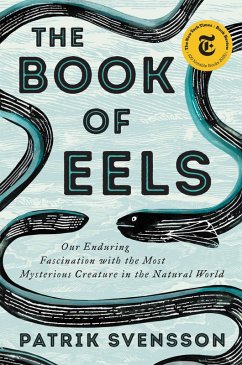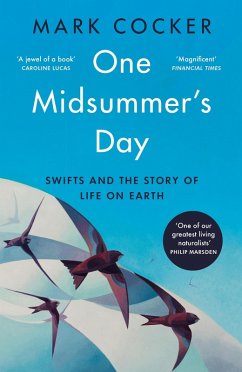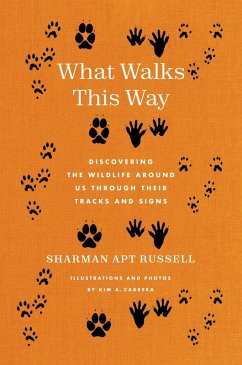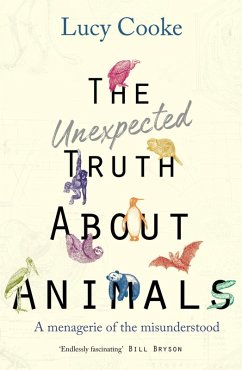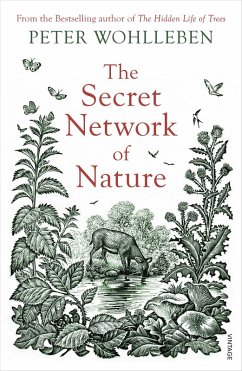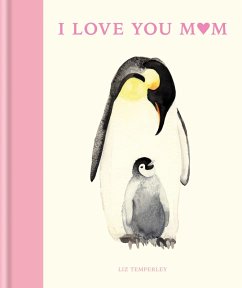
Nature's Memory (eBook, ePUB)
Behind the Scenes at the World's Natural History Museums

PAYBACK Punkte
0 °P sammeln!
A behind-the-scenes tour through the world's greatest natural history museums, revealing how their hidden secrets can help us in the fight against climate changeZoologist Jack Ashby spends his life working in Britain's natural history museums, and in Nature's Memory he guides us through a series of extraordinary collections, from marvellous mounted whale skeletons and impossibly tiny insect cabinets to buried treasures in vast museum storehouses.But look more closely at these displays: all is not as it seems. While most exhibits succeed in communicating feelings of wonder and awe - a vital fun...
A behind-the-scenes tour through the world's greatest natural history museums, revealing how their hidden secrets can help us in the fight against climate change
Zoologist Jack Ashby spends his life working in Britain's natural history museums, and in Nature's Memory he guides us through a series of extraordinary collections, from marvellous mounted whale skeletons and impossibly tiny insect cabinets to buried treasures in vast museum storehouses.
But look more closely at these displays: all is not as it seems. While most exhibits succeed in communicating feelings of wonder and awe - a vital function when less people than ever before have access to the outdoors - Ashby argues that the version of nature natural history museums present does not always reflect reality, with specimens revealing more about the biases of curators than they do about the species they represent. Likewise, the ways in which museums have traditionally told the story of their own histories has disproportionately elevated the contributions of certain kinds of people whilst diminishing the work of others, often ignoring their complex colonial heritage altogether. But Ashby contends that these issues are precisely why it's such an exciting time to be a natural historian, for while society shapes museums, so too can museums shape society - for the good. And as we face the existential threat of cataclysmic biodiversity loss, natural history museums will emerge as indispensable resources in the fight against climate catastrophe.
Weaving together fresh historical research, entertaining zoological trivia and insider stories from Ashby's distinguished natural history career, Nature's Memory is a charming ode to the joys, eccentricities and planet-saving potential of the world's best-loved museums.
Zoologist Jack Ashby spends his life working in Britain's natural history museums, and in Nature's Memory he guides us through a series of extraordinary collections, from marvellous mounted whale skeletons and impossibly tiny insect cabinets to buried treasures in vast museum storehouses.
But look more closely at these displays: all is not as it seems. While most exhibits succeed in communicating feelings of wonder and awe - a vital function when less people than ever before have access to the outdoors - Ashby argues that the version of nature natural history museums present does not always reflect reality, with specimens revealing more about the biases of curators than they do about the species they represent. Likewise, the ways in which museums have traditionally told the story of their own histories has disproportionately elevated the contributions of certain kinds of people whilst diminishing the work of others, often ignoring their complex colonial heritage altogether. But Ashby contends that these issues are precisely why it's such an exciting time to be a natural historian, for while society shapes museums, so too can museums shape society - for the good. And as we face the existential threat of cataclysmic biodiversity loss, natural history museums will emerge as indispensable resources in the fight against climate catastrophe.
Weaving together fresh historical research, entertaining zoological trivia and insider stories from Ashby's distinguished natural history career, Nature's Memory is a charming ode to the joys, eccentricities and planet-saving potential of the world's best-loved museums.
Dieser Download kann aus rechtlichen Gründen nur mit Rechnungsadresse in A, B, BG, CY, CZ, D, DK, EW, E, FIN, F, GR, HR, H, IRL, I, LT, L, LR, M, NL, PL, P, R, S, SLO, SK ausgeliefert werden.




